Bakers could capitalise on the wellness trend by introducing more fibre-rich flours into their recipes, a registered nutritional therapist has claimed.
Fiona Lawson said there was a “huge opportunity for bakers to create innovative offerings” using alternative flours, such as chickpea and coconut as well as wholemeal.
Her comments came after research commissioned by oatcake producer Nairn’s found that 35% of Britons struggled to eat enough fibre every day.
The poll of 2,000 adults also revealed that 92% were unaware of the government recommended 30g a day dietary fibre intake, 18% wrongly believed that highly processed foods like white pasta and bread were a good source of fibre and 49% suffered with digestive discomfort on a daily or weekly basis.
“Oat flour provides 7.5g fibre per 100g, while coconut flour provides a whopping 42g,” she told British Baker.
“Other options include rice flour and the increasingly popular chickpea flour. Although these ingredients can have a higher price point, they work well when combined with conventional flours, so fibre content can be increased without significantly diminishing the profit margin. Coconut flour can be added to muffins, chickpea flour works well in crackers and oat flour is brilliant in brownies.”
Lawson added that items made with wholemeal flour and wholegrains, including flapjacks, wholemeal muffins and seeded wholemeal bread, also made a “valuable contribution” to daily fibre intake.
Last month it emerged that researchers at government-backed The Quadram Institute in Norwich were hoping to modify a type of starch found in wheat grain so it behaved more like dietary fibre and was digested at a much slower rate.
Subscribers to British Baker can read our High-fibre and Seeded Bread report here.























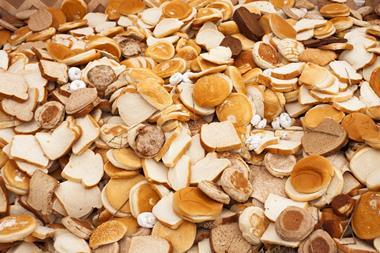



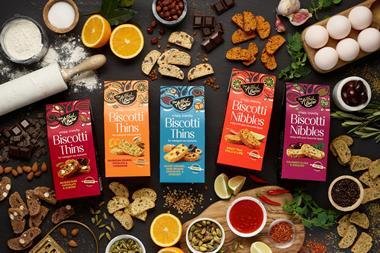
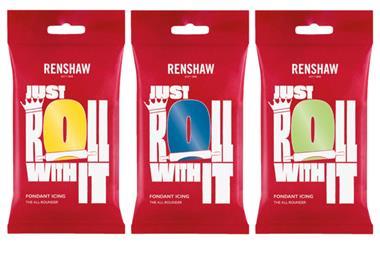


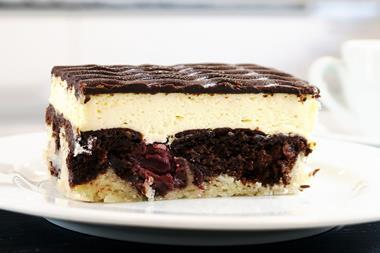

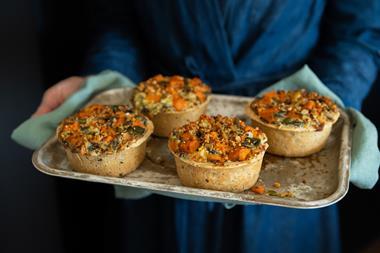

No comments yet